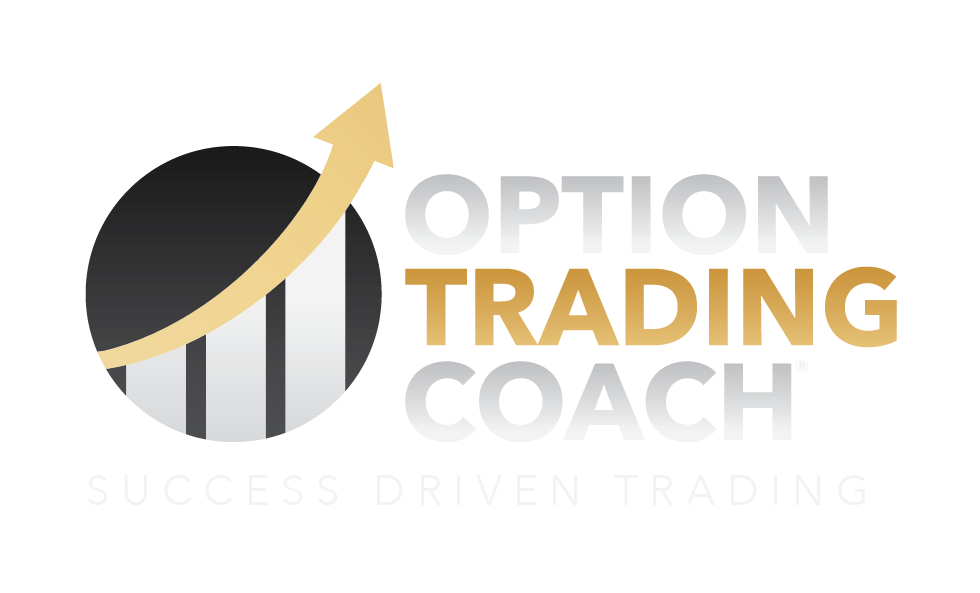Option Basics
What is an Option?

Calls and Puts

Options Contracts

Expiration & Strike
What is an Option?
Calls and Puts
Call Options: A call option gives the holder the right to buy an underlying asset at the strike price before expiration. Traders use calls to profit from price increases.
Put Options: A put option gives the holder the right to sell an underlying asset at the strike price before expiration. Puts are used to profit from falling prices or to hedge other positions.
Options Contracts
Underlying Asset: The stock, index, or commodity that the option contract is based on.
Strike Price: The price at which the option holder can buy (call) or sell (put) the underlying asset.
Expiration Date: The date by which the option must be exercised, or it becomes worthless.
Premium: The price paid for the option, which depends on factors like the stock price, volatility, and time until expiration.
Expiration & Strike Price
The strike price plays a critical role in determining the profitability of an option. For call options, the stock price needs to rise above the strike price for profit, while for puts, the stock price needs to fall below the strike price.
Real Feedback from Our Clients
Lynn R.
The knowledge I gained from your program gives me an invaluable insight on technical analysis and how to use it to increase my odds of making a profit. The live trades you do really proves that you practice what you preach and shows your confidence your trading strategy. That is what I love best about your program…
Ken L.
“Tyler is an incredible teacher and master at what he does….he shows you the basic concepts of the market all the way to deep and detailed various market strategies in a short time. You can learn it all at your own pace and his online resources are just awesome.”
